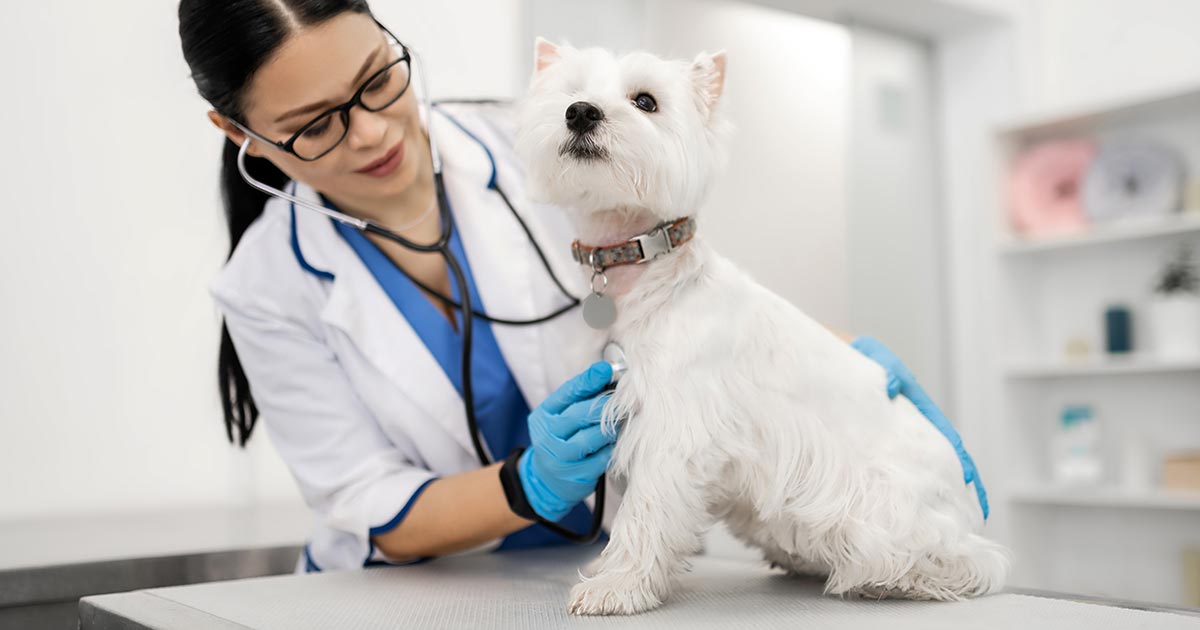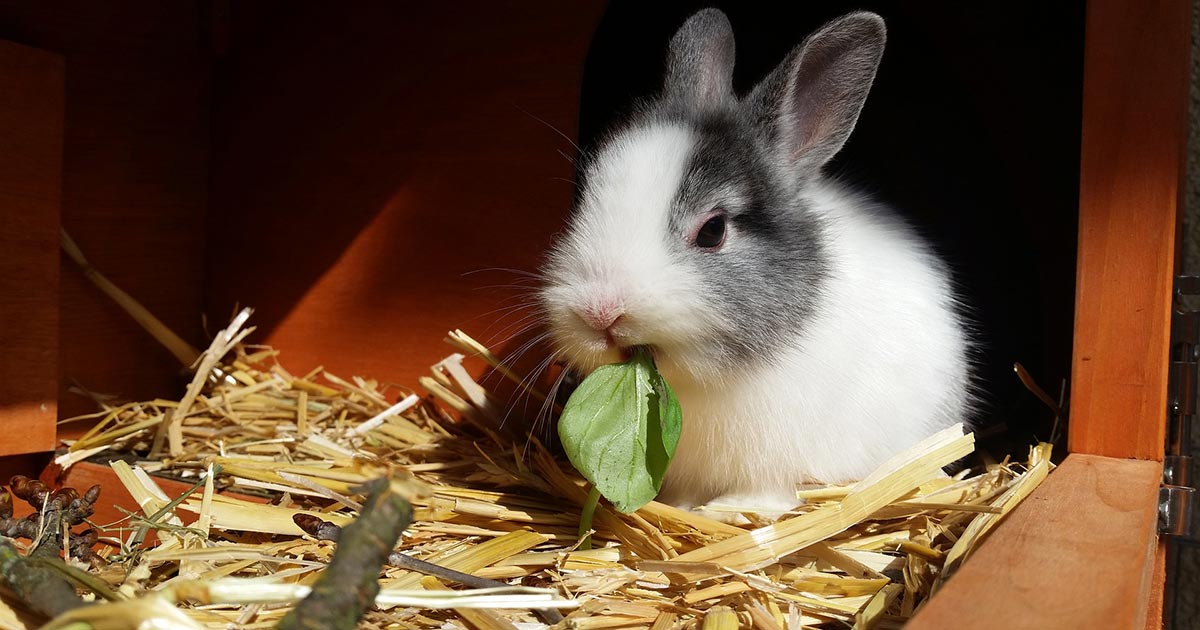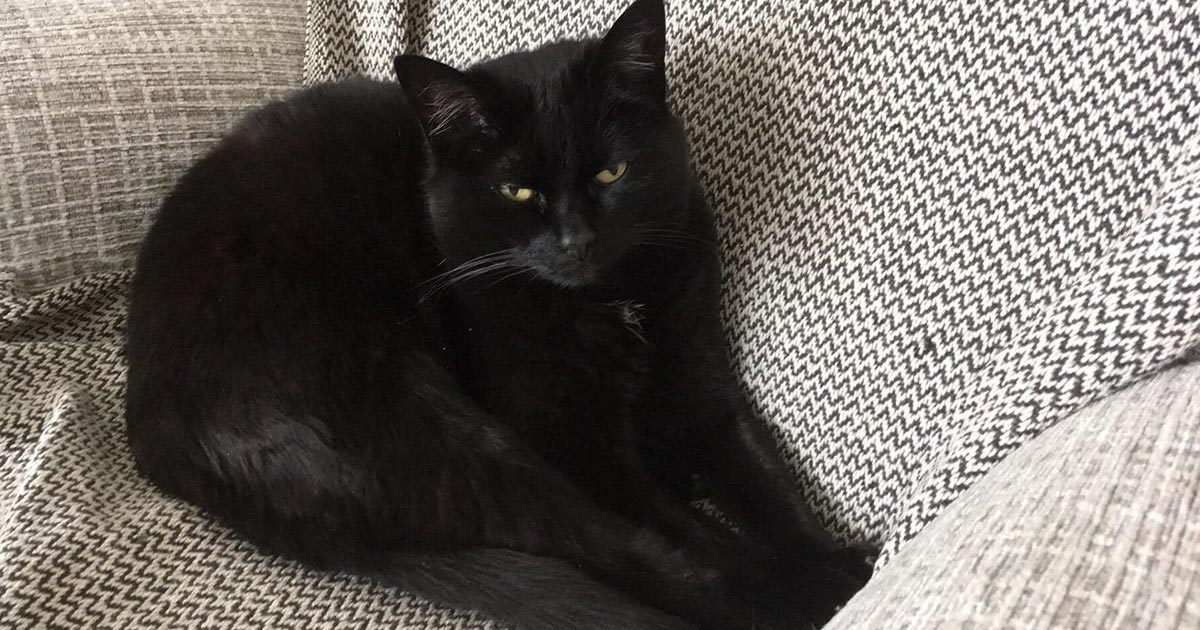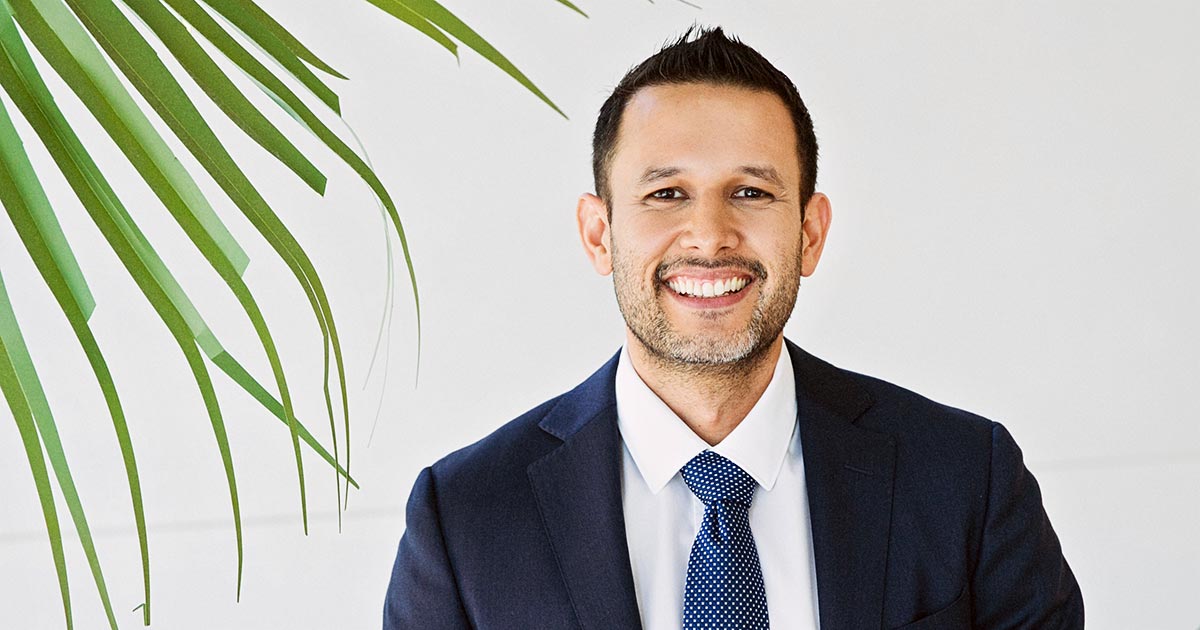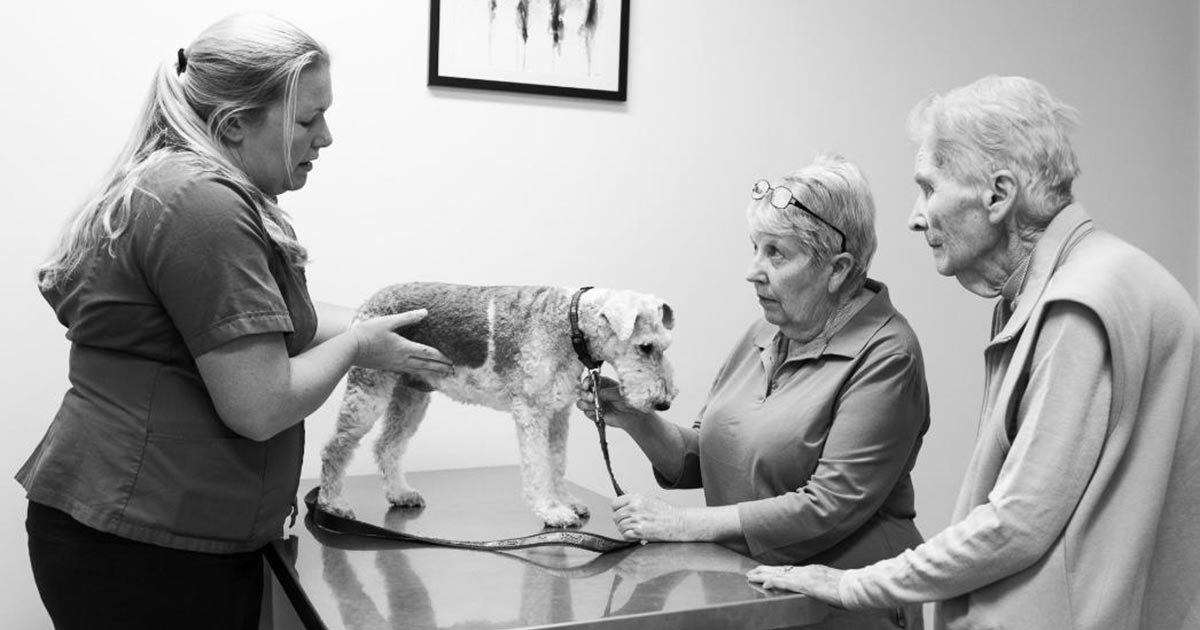Belief #5: Being a vet defines who you are
“Oh, you’re a vet?!”
Two things are happening in the head of the person you’ve just met:
- They’re thinking of a question to ask you – about their horse, their granny’s cat or their friend’s aunt’s designer cockadoodlepoopywhip.
- They’ve just labelled you. With that label comes a list of expectations they associate with the word “vet”. Animal lover, smart, trustworthy (or perhaps money-hungry!). Things they’ve learned to associate with “veterinarian” through past experience and the commonly held beliefs of society.
The human brain likes to use labels to make sense of the world. We create shortcuts to avoid having to analyse from scratch the thousands of things we encounter every day. That would take much too long and waste valuable brainpower.
We all do it – we apply labels to things; to other people, but also to ourselves.
Self-labelling?
What do you associate with the label of “veterinarian”? What expectations do you burden that word with?
- Caring. Scientist. Healer.
- Successful, or wasted potential?
- Cow-doc, horse vet, surgeon, or jack of all trades?
- A white coat and stethoscope?
- Hard-working, stoic, short on money?
- Unglamorous, self-sacrificing, pillar of the community?
- Not quite a doctor? Better than a doctor?
- Sixty-hour work weeks? Job over everything else?
Most of us will identify strongly with at least some of these traits, but when we identify with our labels they can start to define us. We accept what the label says as the only truth and feel the need to live up to those expectations.
So we work those 60-hour weeks, sacrifice our other passions and relationships, accept low salaries, and blindly follow the well-trodden paths – because “that’s just what vets do”.
You are not a label
The reality is that, while you can do any or all of those things, you ultimately are none of them. You are not your label. A label that defines you will limit your thinking.
The happiest vets I know do not identify as being “a vet”. They are people with passion and curiosity, who happen to have the skills and training to diagnose and treat sick animals.
“Veterinarian” is something they do, but it is not who they are. They spend time and energy on other interests, they’re involved with their communities and families, they pursue hobbies and often have multiple career interests – and when a problem arises in the “vet” part of their lives, it’s never an all-consuming problem because “vet” is not an all-consuming part of their lives. If you took it away from them, they’d still be them.
Acceptable associations
If we are going to associate anything with the label of “vet”, let it be this:
It means you’re not stupid – that you have the capacity for grit, and an ability to work hard and practise at least some degree of self-discipline…
It represents potential. What will you do with yours?
